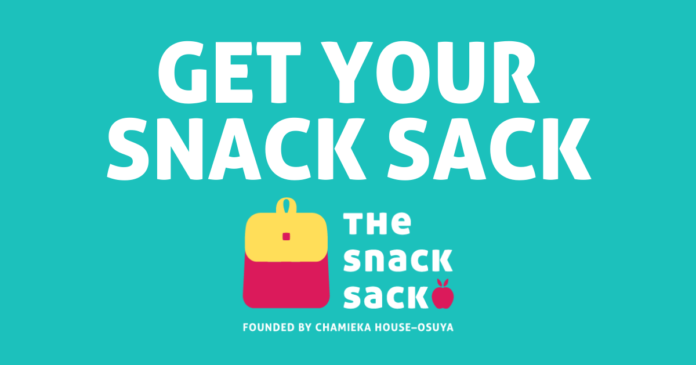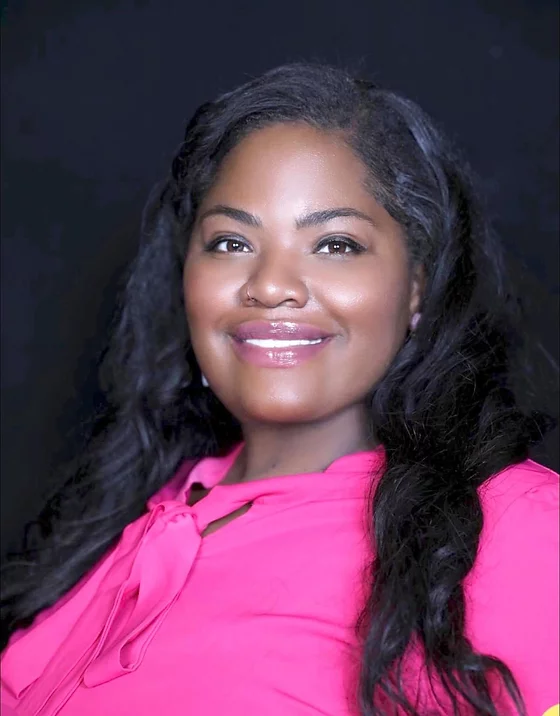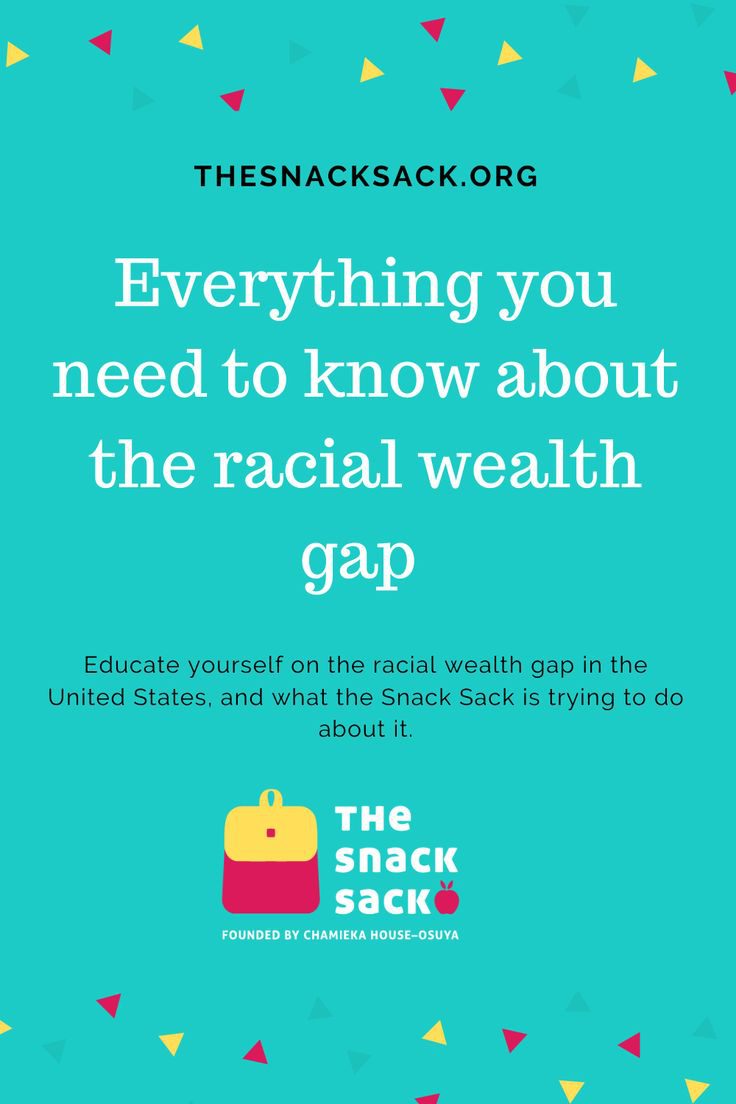As a part of the Morning Lazziness series about empowering women who are encouraging and doing incredible things with their ideas in society, I had the pleasure of interviewing Chamieka House-Osuya.
Chamieka House-Osuya is the founder and CEO of The Snack Sack. The Snack Sack is a mutual aid organization that provides wrap-around support to families in need. The Snack Sack was founded in April of 2020 when families who relied on school lunches no longer had access due to the COVID-19 shutdown. Chamieka single-handedly raised over $300,000 to support these families.
Chamieka House-Osuya is a dedicated child, family, and community advocate. She is skilled in community outreach, crisis management, and relationship building. She is the CEO and Founder of The Snack Sack and has extensive experience in both the educational and social work sectors.
Thank you so much for joining us in this interview series! Our readers would love to “get to know you” better. Can you share your “backstory” with us?
I was born and raised in Madison, Wisconsin. I am a true Wisconsinite at heart. Go Packers! I have three other siblings and a big extended family.. I grew up surrounded by a ton of love and memorable experiences. The importance of serving and advocating for others was ingrained in me at an early age. My family has always been the biggest inspiration for going into community justice work. My family was heavily invested in community work and giving back. My great-grandmother (who is 100 years old) was the backbone of the South Madison community. No matter what the problem, the community could always rely on our family for wraparound support.
What do you specialize in, and why should someone choose you over your competitors in your field?
When COVID-19 began to shut down schools in 2020, my first reaction was to help. The question I asked myself was: How can I help Black and brown families who relied heavily on school lunches? I went to my platform and began to fundraise. I expressed my concerns and my wishes and tagged as many people as possible. It wasn’t easy, but I knew I had to help. The fundraiser was a huge success. Many families were served!. From there, I realized that we live in a world of uncertainty and there is an ongoing need for necessities and stability. As long as there is a need, I feel overwhelmingly compelled to advocate for and assist those who cannot speak for themselves. Thus The Snack Sack was born. Due to overwhelming and consistent needs within black and brown communities, The Snack Sack does not have any competitors. Serving the underserved requires a community of selfless people and organizations to help overcome and dismantle the barriers that are faced by those in black and brown communities. One thing that makes us stand out is that we are a mutual-aid organization that provides families without expecting recompense from those in need.
Can you share a story about the biggest mistake you made when you were first starting? Can you tell us what lesson you learned from that?
One of the biggest mistakes I made when starting was ignoring the need for a work-life balance. Because let’s be honest, the work we do- and any human services, and social programs can be extremely demanding. There is so much need and it never ends. I would stay up around the clock with little sleep. It wasn’t healthy or sustainable. But I felt like it was the best way to live out my passion for supporting others.
If you could start a movement that would bring the most amount of wellness to the most amount of people, what would that be?
It would be a movement of basic necessities and making sure exertions across America have food, clothing, and shelter. Raising people out of poverty and allowing them access to the American dream is essential. The stress so many of the people I serve have is heartbreaking. Folks just want to live and be happy, and healthy with equal access to resources
Can you help articulate a few things that can be done as individuals, as a society, or by the government, to help overcome those obstacles?
Society refuses to recognize the effects and intersections of generational racial trauma and generational poverty SPECIFICALLY associated with the horrors of white supremacy and patriarchy historically and today.
We need to do a better job of addressing the root causes of poverty, addiction, homelessness, and mental health. The mentally ill are 10x more likely to be imprisoned rather than hospitalized in the US. Our prisons are designed to be revolving doors of black and brown bodies. This is why we need resources diverted from policing and to programs that will help address the root causes
Systemic oppression in education, housing, and justice are the root causes of state violence by police. Arrests, charges, criminalization, joblessness, trauma, and poor mental health are the outcomes.
When systems fail communities the burden of these failures impacts the most vulnerable – Black and brown people.
This might be intuitive to you as a woman founder but I think it will be helpful to spell this out. Can you share a few reasons why more women should become founders?
Start-ups start as stories. We all have our reason- our cause. By investing in and supporting female founders, it benefits the whole world. Female founders tend to reinvest in their communities, we’re good at multitasking and of course, representation matters. Women, especially Black women have fought hard to have a seat at the table. It is an honor to walk the bath that so many successful people paved.
What are the “myths” that you would like to dispel about being a founder? Can you explain what you mean?
That it’s easy. Sure, you can come up with an idea and start anything. But will it last? Is it sustainable in any way?
Another myth is that people assume because you’re the boss, other people do everything. False! We all work together as a team collaboratively. There is not an obstacle yet that we have not overcome. Because our motivation is not making money- it’s serving people, bridging gaps, and spreading joy.
What’s your piece of advice for people who want to quit their 9-5 job and start a business?
Don’t give up. It’s not easy, but it wasn’t meant to be. If you have drive and passion for your business, it can grow. You just have to be willing to go through the hard parts too.
What are your “5 Things I Wish Someone Told Me Before I Started” and why? What would you tell yourself ten to twenty years ago that you wish you knew then?
- Have a good work/life balance
- Hire good, competent staff that are team players
- Never forget your “why”.
- Be innovative but consistent
- Rest, take a breather. The work will always be there!
What is the biggest sacrifice you’ve made in starting or running your business?
The biggest sacrifice I’ve made is time away from my kids. That’s been really difficult, but they also really support the work that I do and they understand that I’m helping people that are in need. The one thing that I’m doing now is inviting my kids to join in on special projects The Snack Sack does. They love it! And I wish I would’ve done it sooner.
What do you think could be the future of NFT? How useful can they be for everyone?
NFT is in the first iterations of experimental technology that will radically change the world. The innovation that’s about to occur will blow your mind.
What is your no-fail go-to when you need inspiration or to get out of a creative rut?
We receive a lot of pictures and emails from the families we support. Because the nature of our work is so sensitive, we rarely publicly share them, however, as a team it melts our hearts and motivates us to continue being in service to others.
Lastly, what do you think this world needs the most?
In doing this work on a national level- we’re helping people and we’re inspiring others to join the circle of support. This is turning out to be an essential community effort. I have a small team, we couldn’t do this without full participation. People need to rethink what community means to them.




